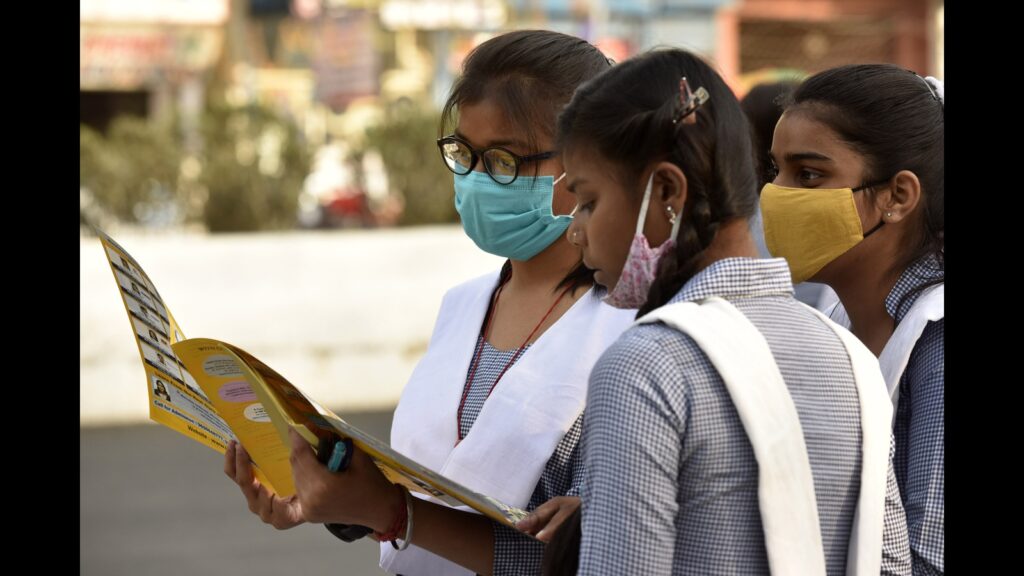Updating textbooks and rationalising syllabi is a commonplace practice across the world, necessitated by the shifting needs of the education system, society and science. Yet, steps taken by the National Council of Educational Research and Training (NCERT) last year to rationalise the syllabi have stoked controversy for a bouquet of reasons. The government body argued that the syllabi was reduced by around a third to give students relief in a pandemic-hit academic session, and that the exercise was conducted by a panel of experts. But some of the changes suggested — dropping references to the 2002 Gujarat riots, Cold War and Mughal courts from a Class 12 textbook, industrial revolution from a Class 11 textbook and some Dalit writers from a Class 7 textbook — appeared to have a political or ideological link, and triggered a controversy as soon as they were notified last year. The row erupted again this week after the Indian Express newspaper reported that among those topics removed were those that mentioned Mahatma Gandhi’s views on Hindu-Muslim unity antagonised extremist Hindu organisations, and that the Rashtriya Swayamsevak Sangh was banned for some time. NCERT confirmed the deletions a day later.
Such controversies, unfortunately, are not new in India, where pedagogy and politics often find themselves entwined. It is this lack of institutional independence that makes it difficult to accept assertions that textbook changes have no link to the dominant ideologies of the day. Just as difficult to ignore is the political overtones of some topics under the spotlight. There is no doubt that the rationalisation of syllabi is a much-needed move to help lessen the burden on children struggling with disruptions in classroom teaching and patchy learning over the past three years. But India’s poor record of shielding the education process from politics — a look at state board textbooks will show that this phenomenon is by no means limited to the party in power at the Centre — threatens to erode the credibility of the process.
Three things need to be kept in mind. One, that engaging with diverse perspectives is critical for the development of students, and it is a vital national building goal. It creates alert, aware and empathetic citizens. For this reason, even the perception of political interference needs to be averted, and the process seen as impartial, rigorous and deliberative. The second is that young students today are growing up in a different, interconnected world where information (and misinformation) is ubiquitous. The textbook is no longer the primary source of information about any topic. So, not only can students look up things online and engage with a variety of sources, but they also need to be trained in identifying misinformation and sifting opinions from facts. And three, India is hardly the only country where such debates are raging. Look at the United States, where rows over teaching evolution have given way to those over critical race theory. Or the United Kingdom, where questions of gender and biology are roiling students and educators alike. But there is a lesson here — wherever ideology has been allowed to take the upper hand, it has proved detrimental to social progress and developing young minds. Policymakers should take note.
Enjoy unlimited digital access with HT Premium
Subscribe Now to continue reading


